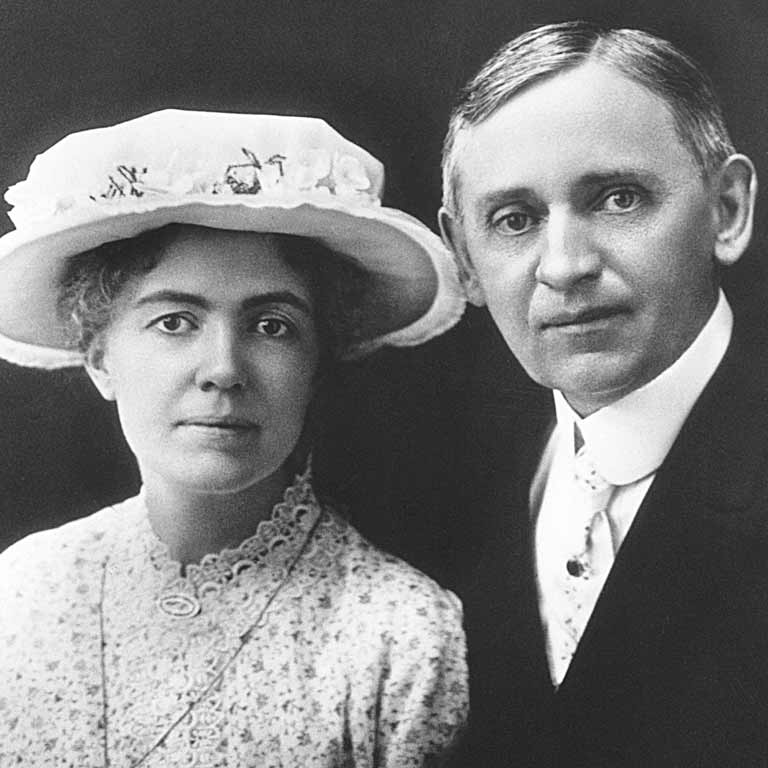What is the Board of Aeons?
The Board of Aeons is a 12-member student research and advisory organization that works closely with the president of Indiana University, offering thoughtful and informed student perspectives on campus issues.
The Board of Aeons is a 12-member student research and advisory organization that works closely with the president of Indiana University, offering thoughtful and informed student perspectives on campus issues.

Over the course of nearly 100 years, students who have served as members of the Board of Aeons have been catalysts for change, making major contributions that have enhanced the overall student experience on the Bloomington campus.
President Pamela Whitten
This year marks the ninety-eighth anniversary of the founding of the Board in 1921. Since then, the Board has served alongside six IU presidents and two IU chancellors, offering thoughtful and informed student perspectives on campus issues. That service has yielded significant improvements to Indiana University Bloomington, from the restoration of Old Crescent buildings as the academic core of the campus to the creation of the GLBT Support Services Office.
The Board, like the broader university, is a reflection of its time and place in history. It takes on matters that are timely and relevant, and that reflect current social and academic issues facing students, the university, and the world.
This organization did not originate with me. Neither will its policies originate with me. I want the policies to come from you. I shall be glad to cooperate with you as far as possible.
President William Lowe Bryan, 1921

On March 29, 1921, Indiana University President William Lowe Bryan and his wife, Charlotte, hosted a dinner for 12 student leaders. The attendees discussed plans to form an organization known as “The Aeons,” whose members would work for greater cooperation among IU students and faculty. The first Board of Aeons induction ceremony occurred on April 12 of that year, with President Bryan explaining his vision of how the board would operate.
In the years since, the Board has adapted its role to the changing needs of the university, at times serving as a research think tank and at other times as a sounding board for university policy.